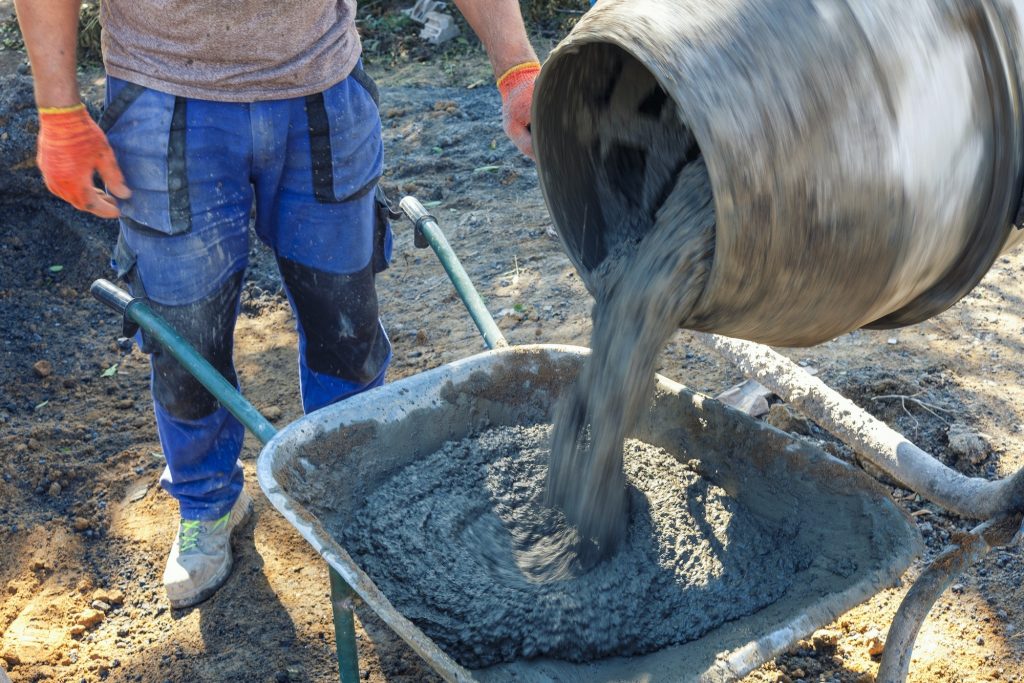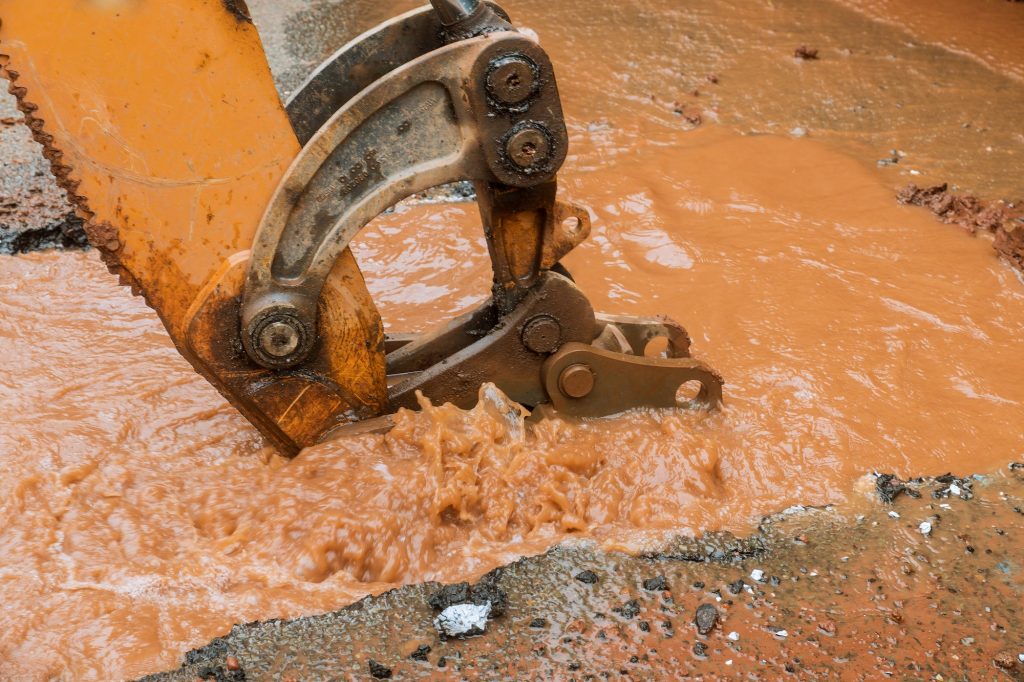Introduction
Water is one of the essential elements of life. It makes up over 60% of the human body and is required for various bodily functions. The importance of clean and safe water cannot be overstated; this is where water purification comes in. Water purification removes contaminants and impurities from water to make it safe for consumption. This article aims to explore the impact of water purification on water taste and flavor.
Understanding Water Purification
Water purification is a process that removes impurities and contaminants from water. Several types of water purification systems exist, including reverse osmosis, activated carbon filtration, and UV filtration. Each of these systems works differently to remove contaminants from water, and the choice of method will depend on the specific needs and requirements of the individual.
One of the benefits of water purification is that it can improve the taste and flavor of the water. This is because many of the impurities and contaminants removed during the purification process can affect the taste and flavor of the water.
The Impact of Water Purification on Water Taste and Flavor
The role of minerals in water taste and flavor is well known. Minerals such as magnesium, calcium, and potassium can enhance the taste and flavor of water, while other minerals, such as chlorine and sulfur, can have a negative impact. Water purification systems can remove both beneficial and harmful minerals, so it’s essential to understand the effects of different methods on water taste and flavor.
Reverse osmosis is a water purification system that removes impurities by forcing water through a semi-permeable membrane. This process removes many minerals from water, producing a neutral or flat taste. However, some reverse osmosis systems come with a re-mineralization stage that adds back essential minerals to enhance the taste and flavor of the water.
Activated carbon filtration is another water purification system that removes impurities by using activated carbon to absorb contaminants. This process does not remove minerals from water, which means that the taste and flavor of the water will not be affected. Activated carbon filtration can improve the taste and flavor of water by removing unpleasant tastes and odors.
UV filtration is a water purification system that uses ultraviolet light to kill bacteria and other microorganisms. This process does not affect the taste and flavor of water, as it only targets microorganisms and not minerals or other contaminants.
Factors that Affect Water Taste and Flavor
Water source, water temperature, the presence of chemicals, and the age of the water are all factors that can affect the taste and flavor of the water. For example, water from a well or spring may have a unique taste and flavor due to the presence of minerals. In contrast, water from a municipal supply may have a chlorine taste and odor due to adding chlorine for disinfection.
Improving Water Taste and Flavor
There are several ways to improve the taste and flavor of water, including re-mineralization, adding natural flavor, and using water enhancement drops. Re-mineralization involves adding essential minerals to water to enhance its taste and flavor. Adding natural flavor to water, such as lemon or cucumber, is another way to improve its taste and flavor. Water enhancement drops are a convenient option for those who want to enhance the taste and flavor of their water without adding additional calories or sugar.
The Importance of Maintaining a High-Quality Water Purification System
Regular maintenance is essential to keep a water purification system running at its best. It’s essential to check and replace filters and inspect the system regularly to ensure it works correctly. Signs that it’s time to replace a water purification system include a decrease in water pressure, an increase in contaminants, and a decrease in water quality. Choosing the right water purification system is also essential, as different approaches are designed to target specific contaminants and impurities.
Common Myths About Water Purification and Water Taste and Flavor
Several myths about water purification, taste, and flavor need to be dispelled. For example, boiling water does not make it safe to drink, as boiling only kills bacteria and does not remove other contaminants. Distilled water is not pure and safe to drink, as the distillation removes minerals and other essential elements from water. Water filtration systems are not expensive, and many affordable options are available. Finally, water filters do not remove all contaminants, so choosing the right filter for your specific needs is important.
Conclusion
In conclusion, the impact of water purification on water taste and flavor can vary depending on the type of purification system used. Reverse osmosis can result in a neutral or flat taste, while activated carbon filtration can improve the taste and flavor of the water. UV filtration does not affect the taste and flavor of the water. Factors such as water source, water temperature, and the presence of chemicals can also impact the taste and flavor of the water. Improving the taste and flavor of water can be achieved through re-mineralization, adding natural flavor, or using water enhancement drops. Regular maintenance of a high-quality water purification system is essential to ensure that the water remains safe and of good quality. Individuals can make informed decisions about their water supply by dispelling common myths about water purification and taste and flavor.
FAQs
- What is water purification? Water purification removes contaminants and impurities from water to make it safe for consumption.
- Does water purification improve water taste? The impact of water purification on water taste can vary depending on the type of purification system used. Some systems, such as activated carbon filtration, can improve the flavor of water by removing unpleasant tastes and odors. In contrast, others, such as reverse osmosis, can result in a neutral or flat taste.
- What are the different types of water purification systems? Several water purification systems exist, including reverse osmosis, activated carbon filtration, and UV filtration.
- How often should I replace my water purification system? The frequency of replacement will depend on the specific method and its usage. Regular maintenance is essential to keep the system running at its best and ensure the water remains safe and quality.
- Is distilled water safe to drink? Distilled water is not recommended for long-term consumption as the distillation removes minerals and other essential elements from water. Choosing a water purification system that provides a balanced and safe water supply is essential.



